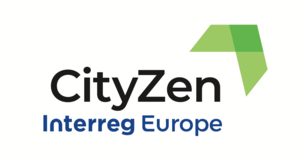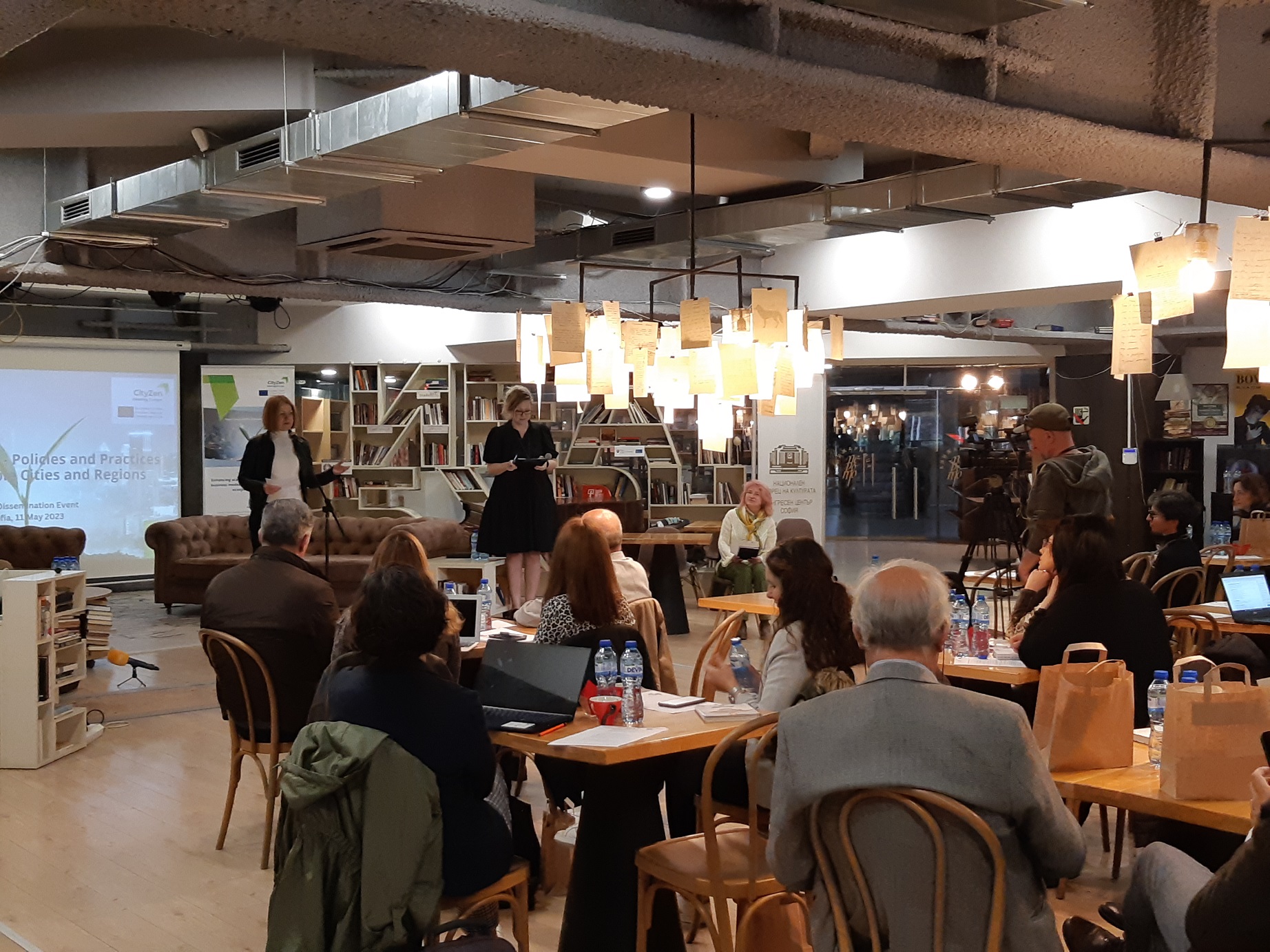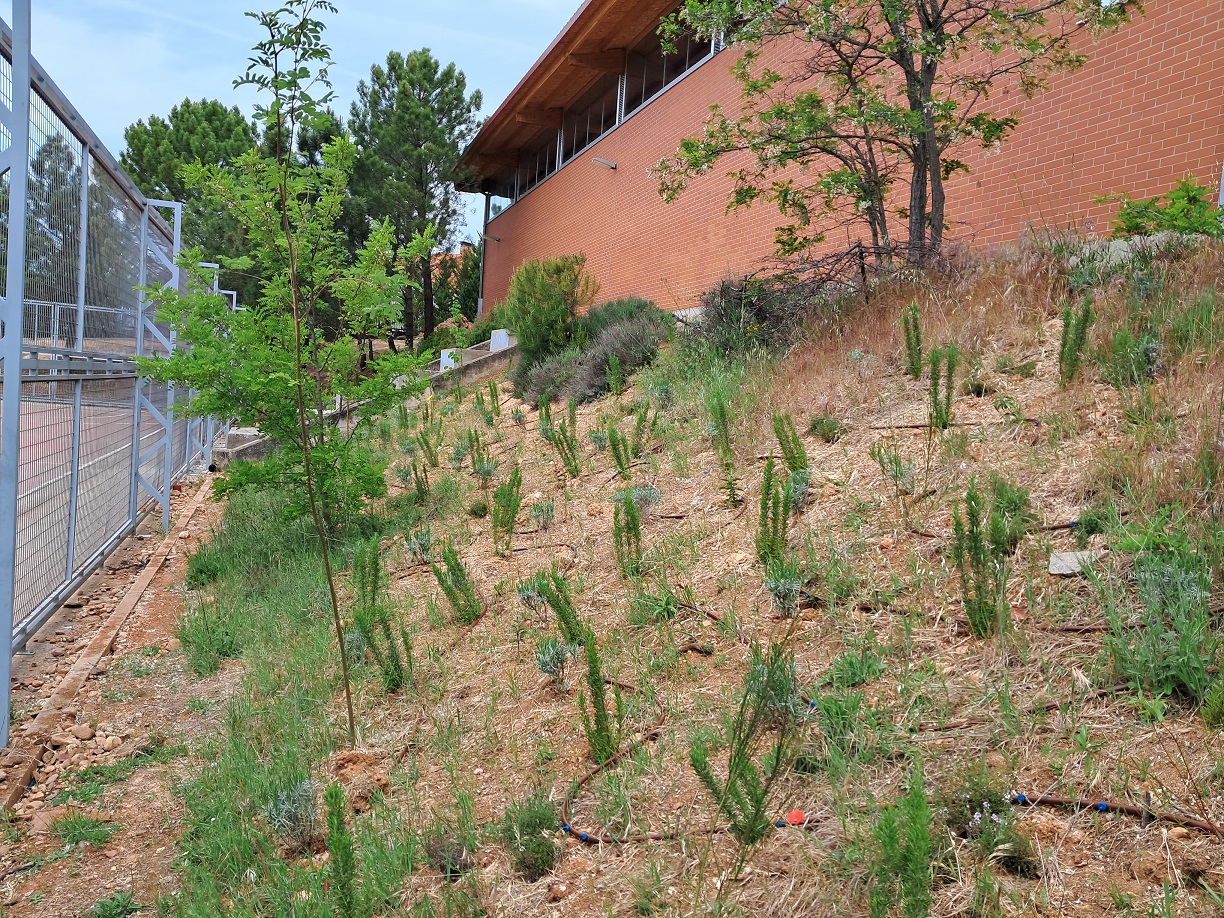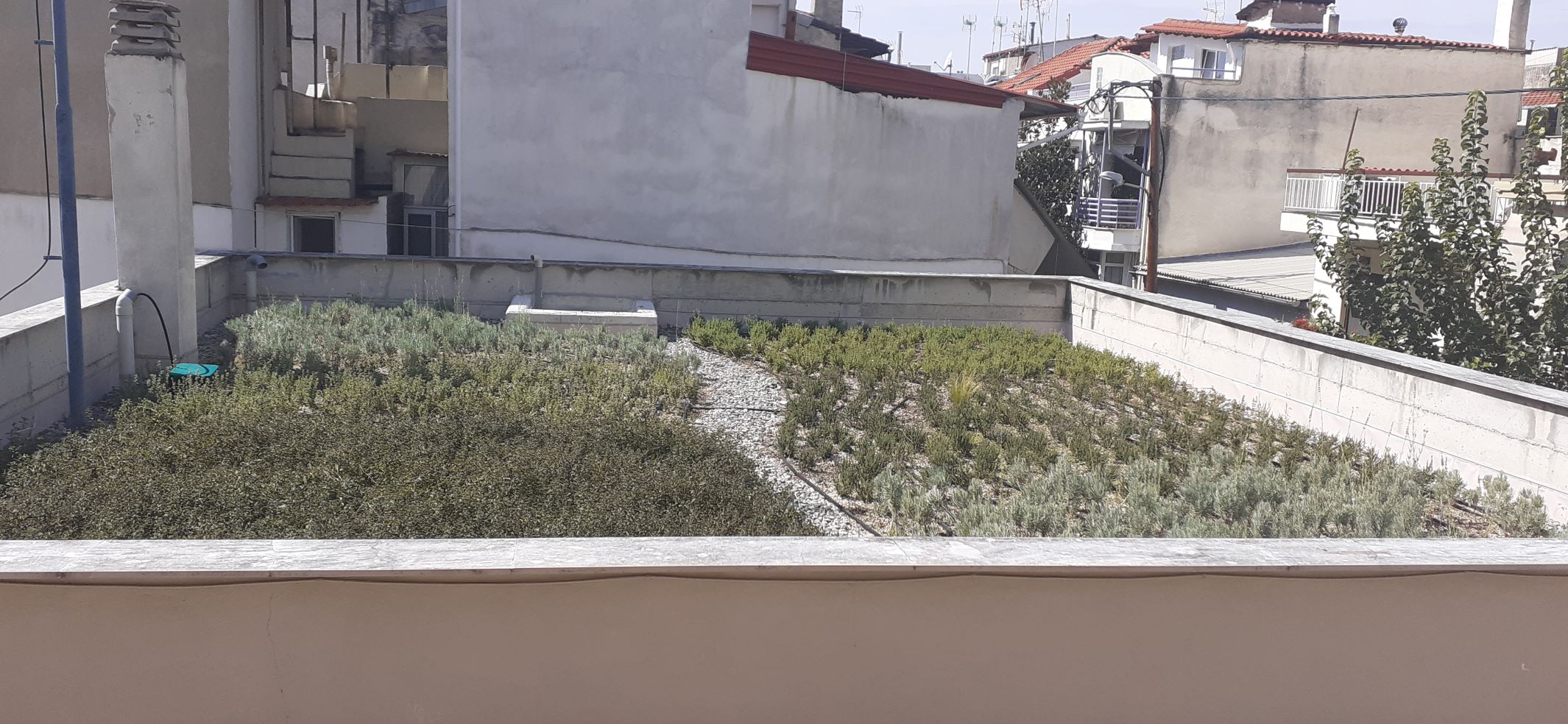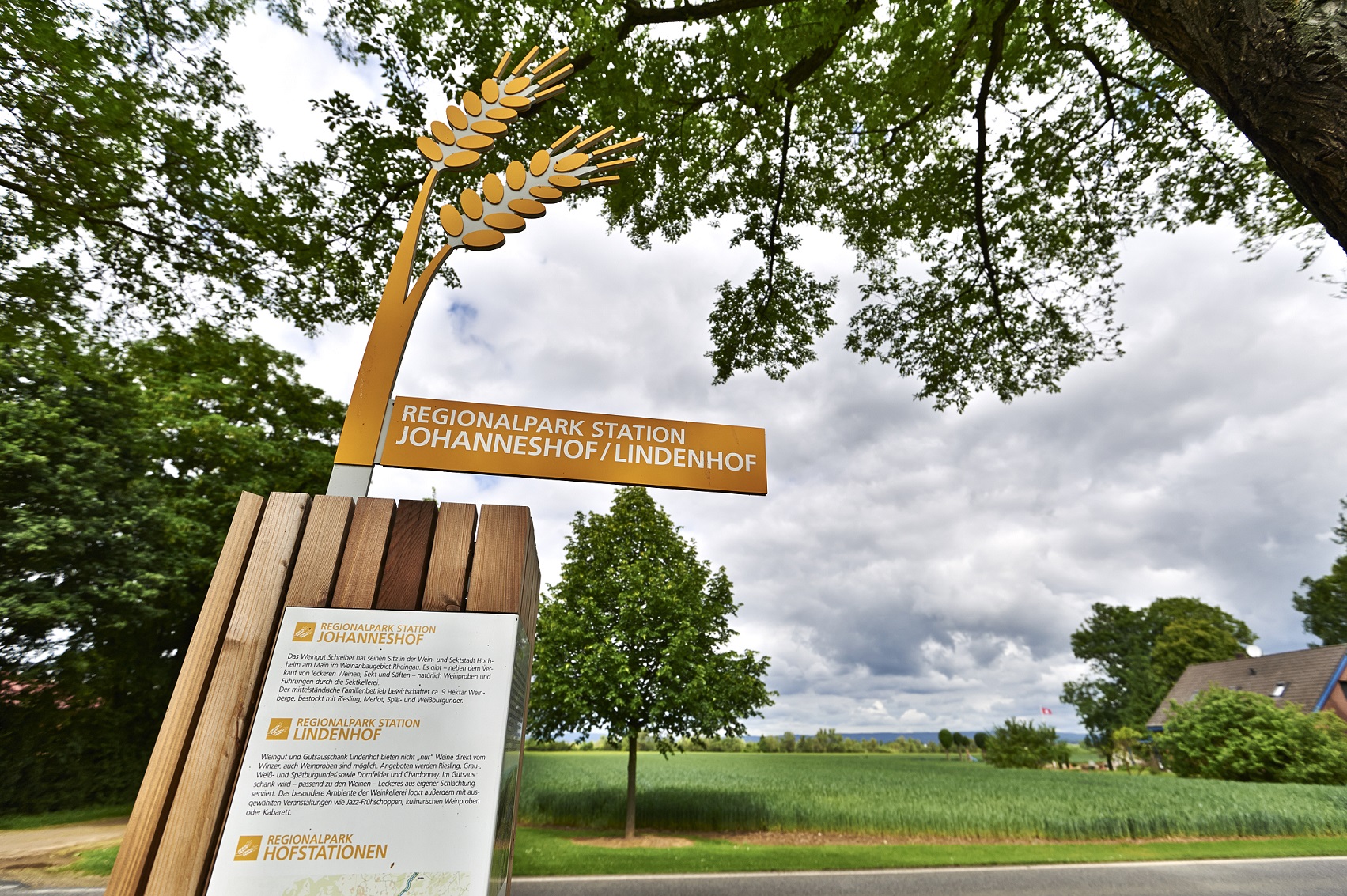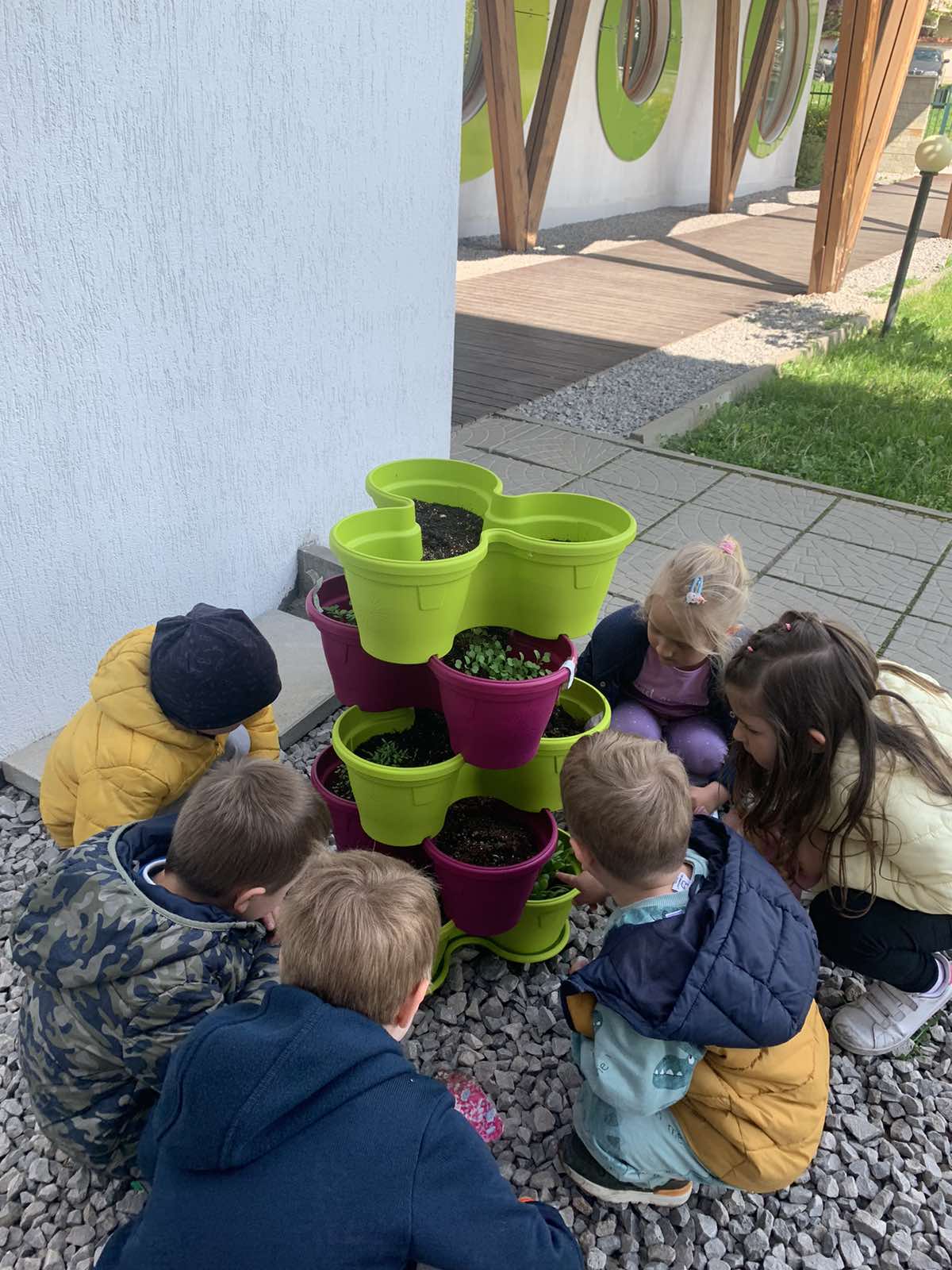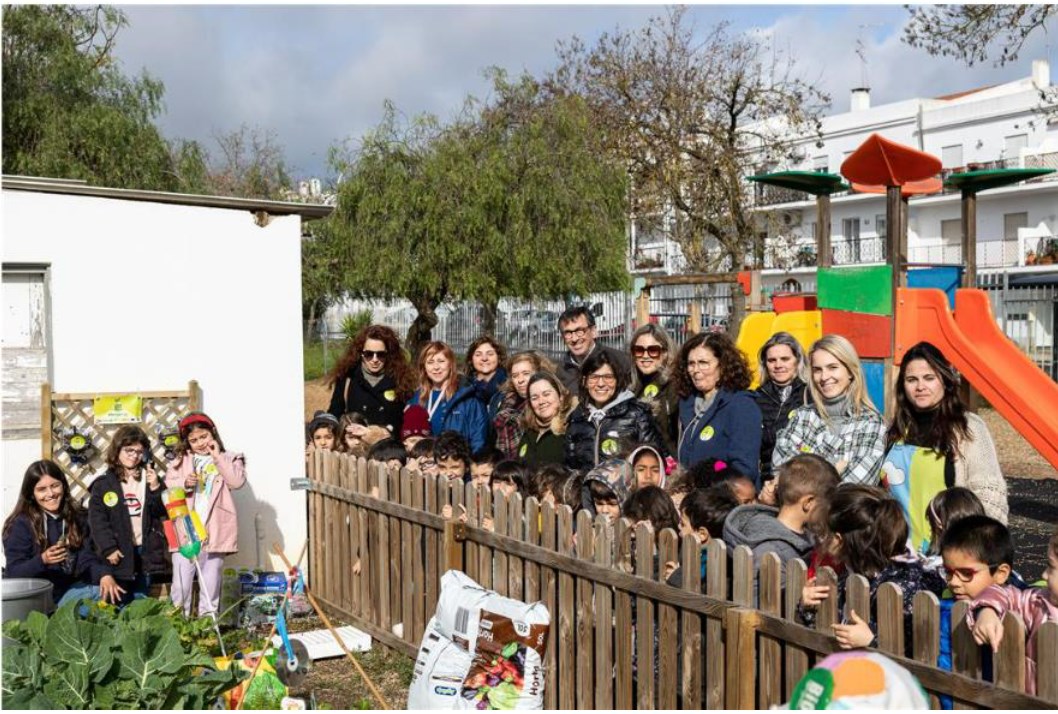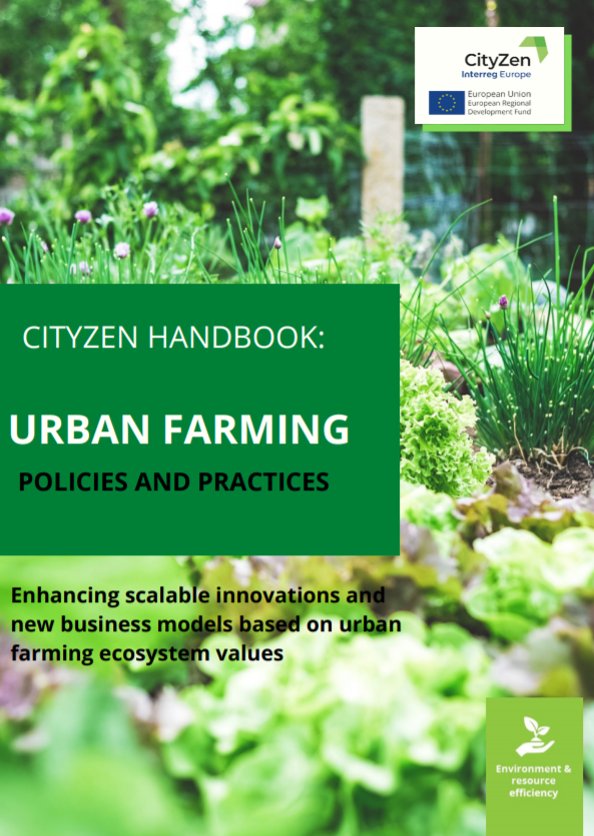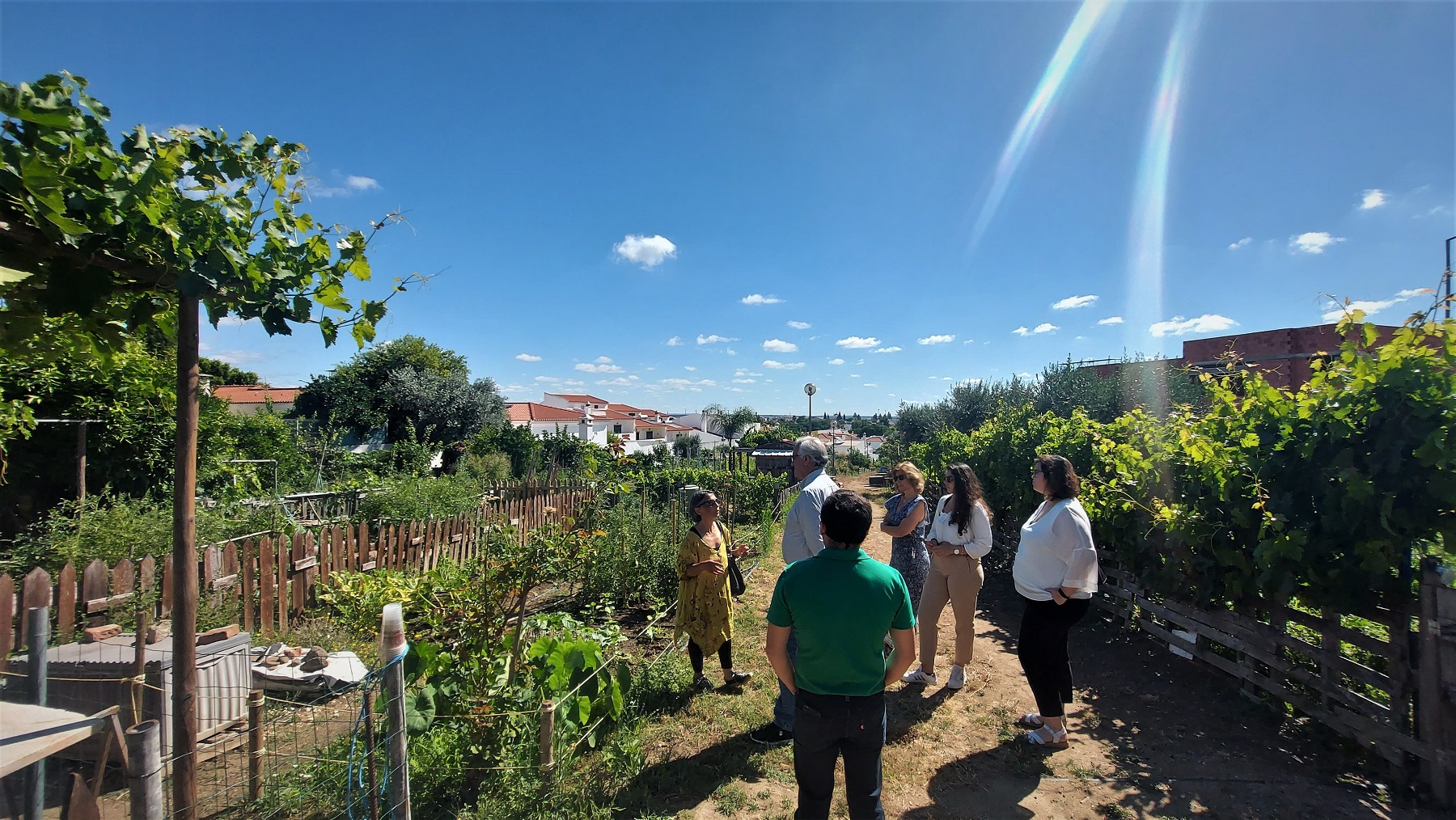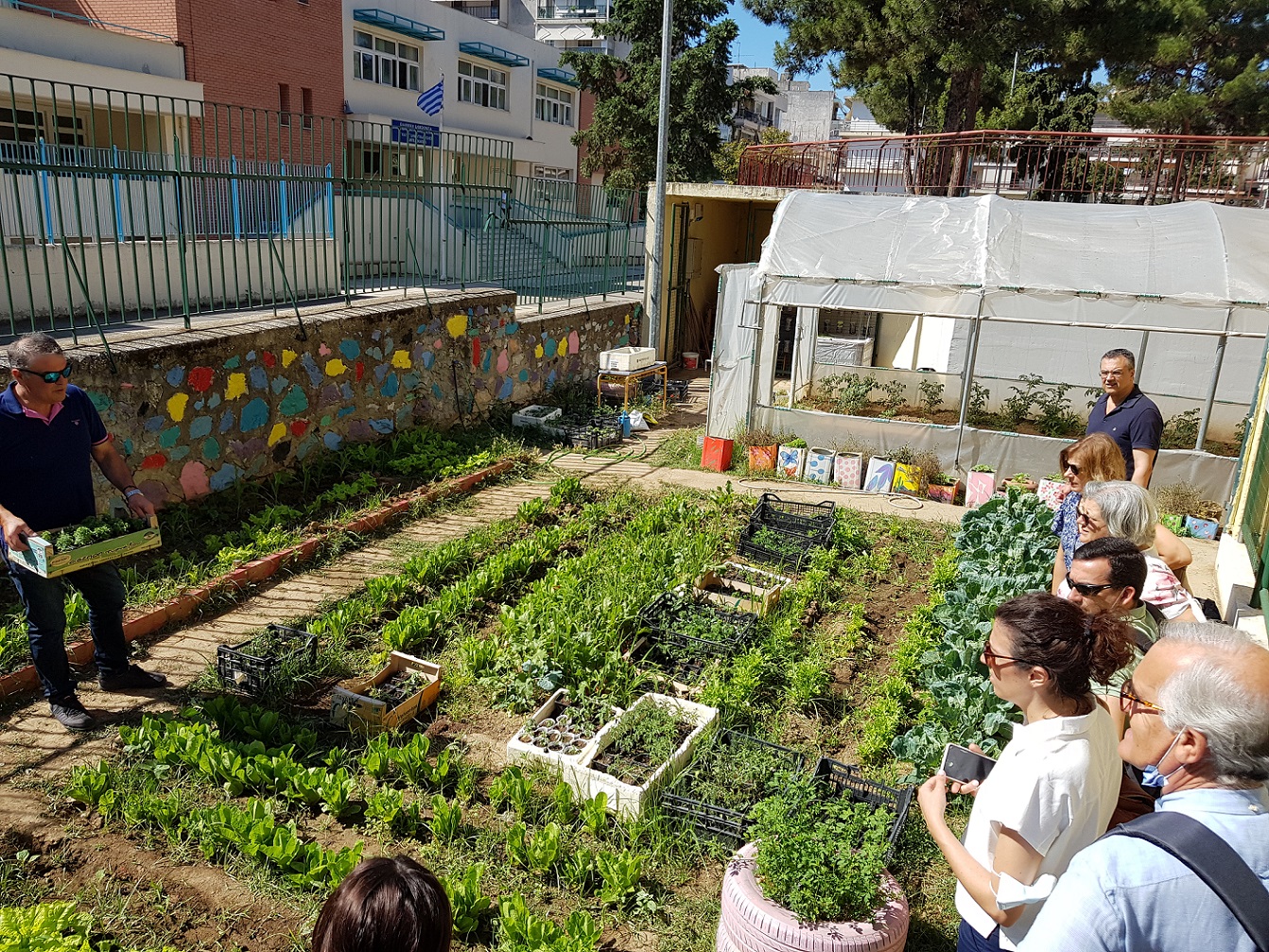The first meeting of the CityZen Bulgaria stakeholder group was held on December 9, 2019 by Applied Research and Communications Fund (ARC Fund), lead partner of the CityZen initiative. Invitations to join the group of key stakeholders and attend the first get-together meeting were sent to stakeholders with interest and experience in urban farming, resource efficiency and green innovation. The invitees featured representatives of public authorities, advocacy groups, citizens’ associations, urban farming businesses, universities and research institutes.
ARC Fund’s team by Daniela Tchonkova, Denitsa Marinova and Marko Hajdinjak presented the CityZen initiative and main objectives to set the ground for the meeting and the group interaction. Special appreciation was given to the role of the stakeholder group in CityZen – why it is relevant for the success of the project, what is expected and what are the win-win benefits for the participants.
Following this introduction, the main findings and conclusions from the analysis on urban farming in Bulgaria and its potential as an innovative business model were briefly presented. This presentation also outlined main topics and issues to be discussed during the meeting.
The subsequent lively discussion focused on two main questions:
1. How to strengthen the role of local governments in supporting urban agriculture?
2. How to promote various forms of support such as start-up financing for urban farming businesses, expert advice in urban agriculture, business coaching for the commercialization of urban garden products and services, access to innovations in recycling, water management and similar related areas.
The participants agreed that urban farming can significantly contribute to improving the sustainability and prosperity of cities and regions, but in Bulgaria its potential has been only marginally developed and the urban gardeners face multiple challenges and bottlenecks. Urban agriculture has yet to be clearly defined in legislation, which will enable the much needed customisation of the regulation in this policy area. Once these necessary preconditions are met, it will be much easier to tackle the most important practical challenges, such as access to municipal lands and open spaces to be used for urban gardening, and various ways of support for scaling up and business development.
The stakeholders highlighted another key problem with urban farming: it is a ‘no-man’s land’ for financial mechanisms and no financing authority is responsible for it. Urban development projects rarely take farming in cities as eligible activity, while agricultural funds exclude any urban dimensions. Potential for funding could be found in the social role of urban gardening (socially engaged activity as a business model), yet this would place the urban agriculture in the domain of the Ministry of Labour and Social Policy, which has other priorities. The concerns by all OP managing authorities on possible double funding lead to exclusion of entire sectors (such as urban agriculture) from their procedure, creating quite an obstacle to local stakeholders for developing farming in cities.
In conclusion, it was underlined that solutions for challenges and bottlenecks can only be found if relevant (local) authorities are taken on board. For this to happen they need to be convinced about the positives that the support for urban farming will bring to the municipalities and local communities. As urban agriculture can hardly be expected to produce significant financial profits, its social, innovative and ecological importance needs to be stressed.
